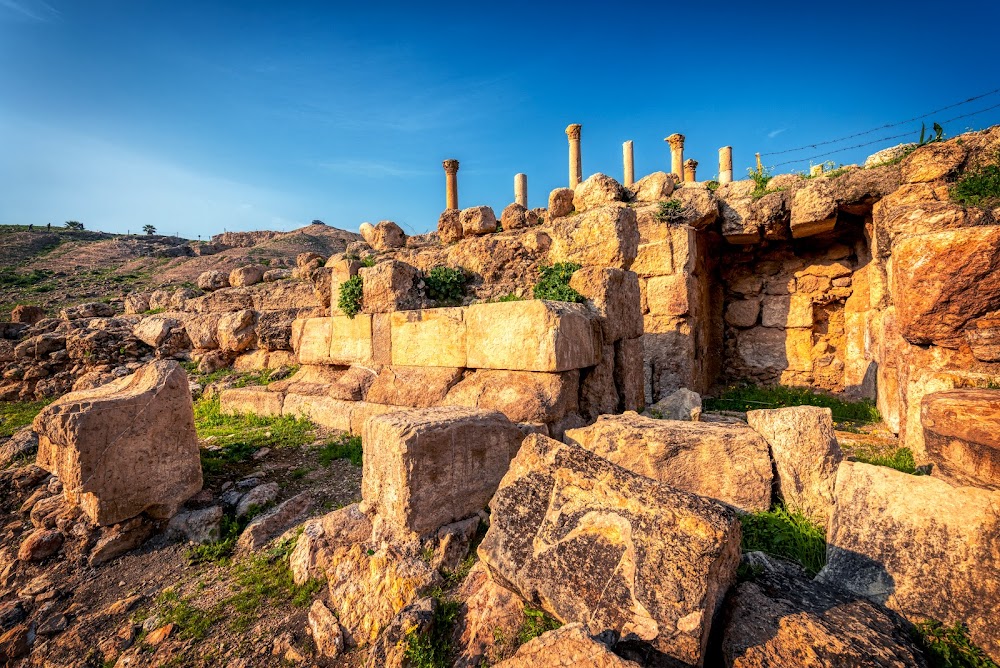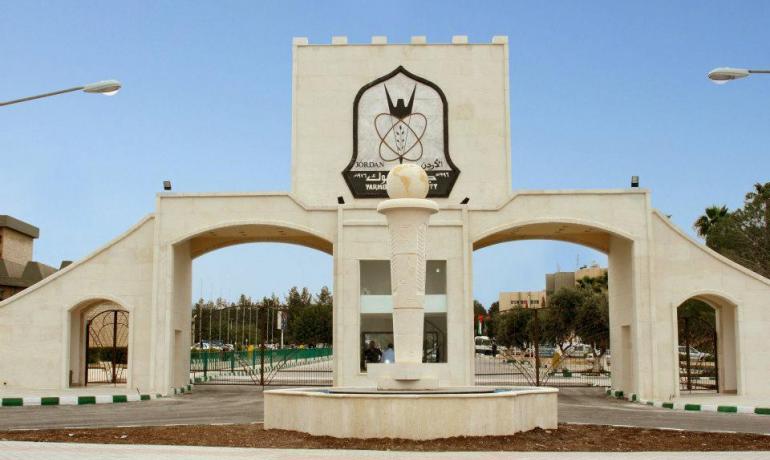As-Salt Historical Museum (متحف السلط التاريخي)
Overview
Nestled in the heart of historic Irbid, Jordan, the As-Salt Archaeological Museum, often referred to as the As-Salt Historical Museum, serves as a vibrant testament to the rich cultural tapestry and historical significance of the region. While its name may suggest a connection to the city of Salt, this museum has found its home in Irbid, one of Jordan's major urban centers and a thriving hub for archaeological discovery.
The museum's journey began decades ago, coinciding with Irbid's evolution into an important archaeological site. Its history stretches back to the Bronze and Iron Ages, encompassing the Hellenistic period and extending into the Islamic era. As interest in the region’s rich past grew, the need for a dedicated space to collect, preserve, and showcase the myriad artifacts unearthed through various excavations became clear.
Architecturally, the museum is a thoughtful blend of modern design and traditional Jordanian aesthetics. Constructed using local materials such as stone and wood, the building reflects the spirit of the city while providing a contemporary environment suitable for the preservation and exhibition of ancient treasures. This harmonization of styles symbolizes a connection between the past and the present, inviting visitors to step into history.
Inside the As-Salt Archaeological Museum, guests embark on a chronological journey through the region's history. The museum's collection features an array of artifacts, including pottery, tools, and inscriptions discovered in and around Irbid. Each item tells a unique story about the ancient civilizations that once thrived in this area, offering insights into daily life, trade practices, and cultural developments over the millennia.
A highlight of the museum is its extensive collection of findings from the ancient city of Abila, located in the northern Jordan valley. Once a significant Decapolis city, Abila flourished under the Roman and Byzantine Empires. The artifacts on display from Abila, including exquisite mosaics, coins, statues, and various household items, provide a fascinating glimpse into the lives of its inhabitants during their peak.
Moreover, the museum dedicates sections to the Islamic period, illustrating the region's transformation under Umayyad and Abbasid rule. This portion of the collection features architectural fragments, inscriptions, and everyday objects that highlight the cultural and economic changes during this time. The inclusion of more recent historical artifacts further emphasizes the area's continuous development leading up to modern times.
An essential aspect of the museum is its commitment to education and research. It serves as a vital center for scholars and archaeologists studying the region's past, providing resources and hosting lectures, seminars, and workshops. By fostering a deeper understanding of Jordan’s rich heritage, the museum plays a significant role in preserving history for future generations.
As visitors stroll through the museum's well-organized halls, it becomes evident that this institution transcends being merely a repository of ancient artifacts. It acts as a bridge across time, offering a tangible connection to the lives of those who inhabited Jordan centuries, and even millennia, ago.
The strategic location of the As-Salt Archaeological Museum in Irbid further underscores the city’s role as a cultural crossroads. Renowned for its academic institutions, Irbid is a city of education, with several universities contributing to its vibrant and youthful atmosphere. This connection enhances the museum’s ability to engage a diverse audience, encouraging both locals and tourists to explore the rich historical narrative of the region.
In conclusion, the As-Salt Archaeological Museum in Irbid stands as a remarkable institution dedicated to preserving and showcasing Jordan’s diverse historical and cultural heritage. Its meticulously collected and beautifully displayed artifacts offer a unique and insightful journey through time, providing invaluable context for understanding the profound history of Irbid and its surrounding regions. This museum not only celebrates the past but also educates and inspires future generations to appreciate and safeguard their heritage.









